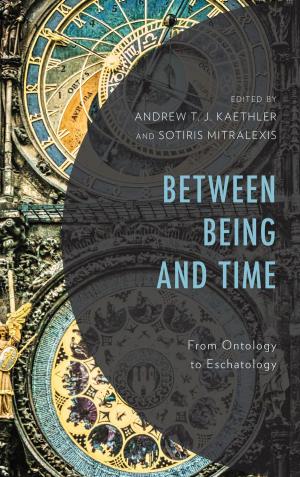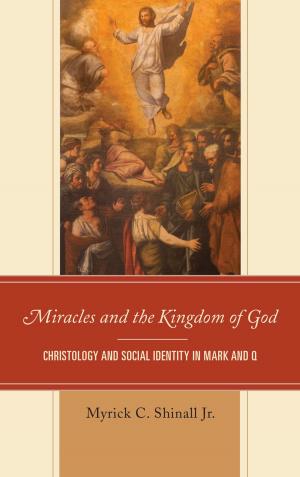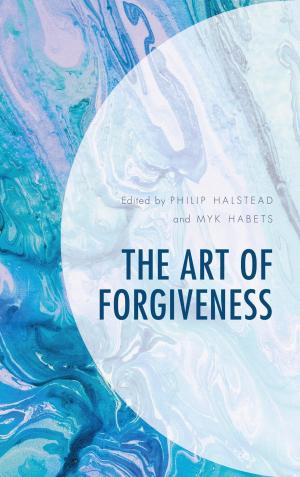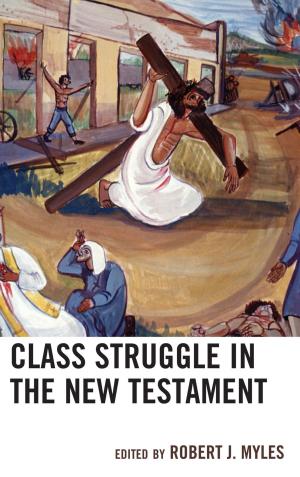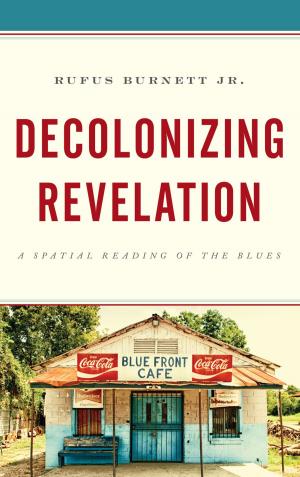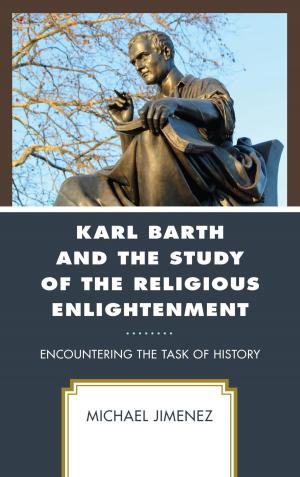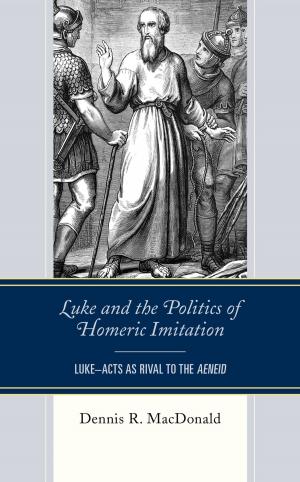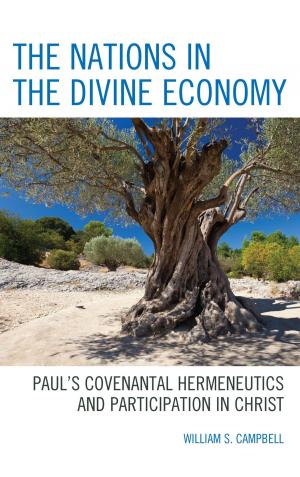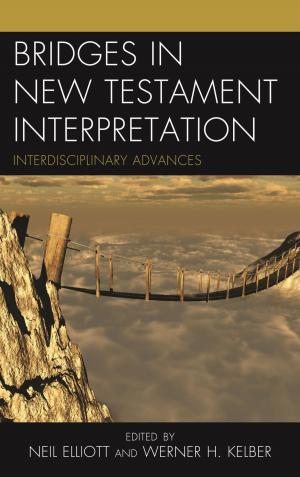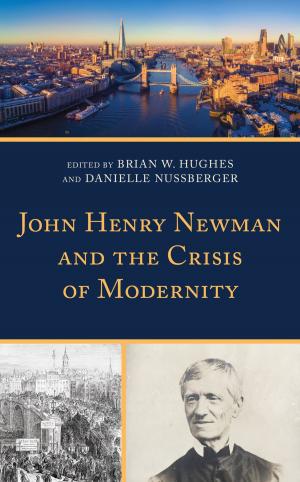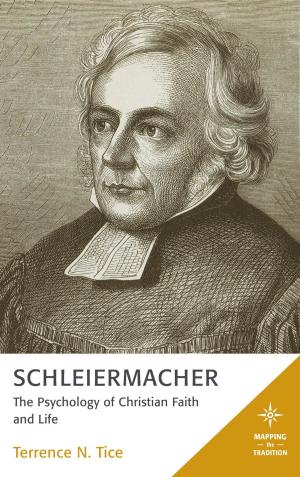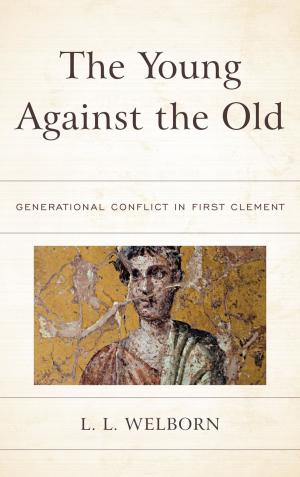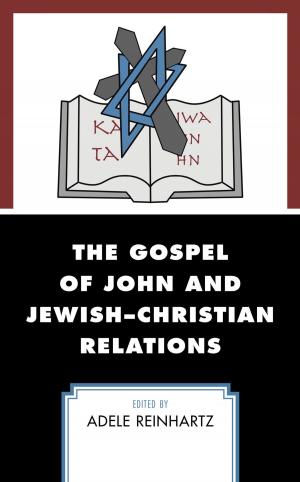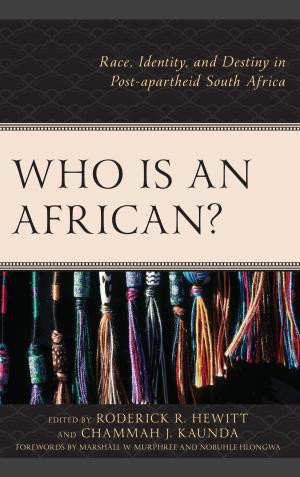Anselm of Canterbury and the Search for God
Nonfiction, Religion & Spirituality, Philosophy, Religious, Reference, History, Theology| Author: | John T. Slotemaker | ISBN: | 9781978701427 |
| Publisher: | Fortress Academic | Publication: | March 20, 2018 |
| Imprint: | Fortress Academic | Language: | English |
| Author: | John T. Slotemaker |
| ISBN: | 9781978701427 |
| Publisher: | Fortress Academic |
| Publication: | March 20, 2018 |
| Imprint: | Fortress Academic |
| Language: | English |
This volume provides a broad interpretation of Anselm’s theological method through a study of his Monologion. The Monologion has been chosen specifically because of its rich and nuanced account of the search for the one God. Through a careful analysis of this text what becomes evident is that Anselm’s theological project is much broader than a single argument or a simple account of how divine justice and honor are appeased. What one encounters is a theology informed by the notion of the human desire for God and the honest search to come to know God in an intimate way. The Monologion, therefore, will present an entry point into Anselm’s theological project. The second half of the volume will examine the reception history of Anselm’s two most famous philosophical and theological contributions (i.e., the “ontological argument” and the “satisfaction theory”). Anselm is often misunderstood because his approach to theology is reduced to the “one argument” or a carefully construed calculus of human redemption—such readings of Anselm abound and often obscure the Benedictine context within which his thought developed—and so a careful reading of Anselm’s texts and the history of reception and interpretation will offer a counter narrative to the standard perception of one of the greatest thinkers of Christian history.
This volume provides a broad interpretation of Anselm’s theological method through a study of his Monologion. The Monologion has been chosen specifically because of its rich and nuanced account of the search for the one God. Through a careful analysis of this text what becomes evident is that Anselm’s theological project is much broader than a single argument or a simple account of how divine justice and honor are appeased. What one encounters is a theology informed by the notion of the human desire for God and the honest search to come to know God in an intimate way. The Monologion, therefore, will present an entry point into Anselm’s theological project. The second half of the volume will examine the reception history of Anselm’s two most famous philosophical and theological contributions (i.e., the “ontological argument” and the “satisfaction theory”). Anselm is often misunderstood because his approach to theology is reduced to the “one argument” or a carefully construed calculus of human redemption—such readings of Anselm abound and often obscure the Benedictine context within which his thought developed—and so a careful reading of Anselm’s texts and the history of reception and interpretation will offer a counter narrative to the standard perception of one of the greatest thinkers of Christian history.


